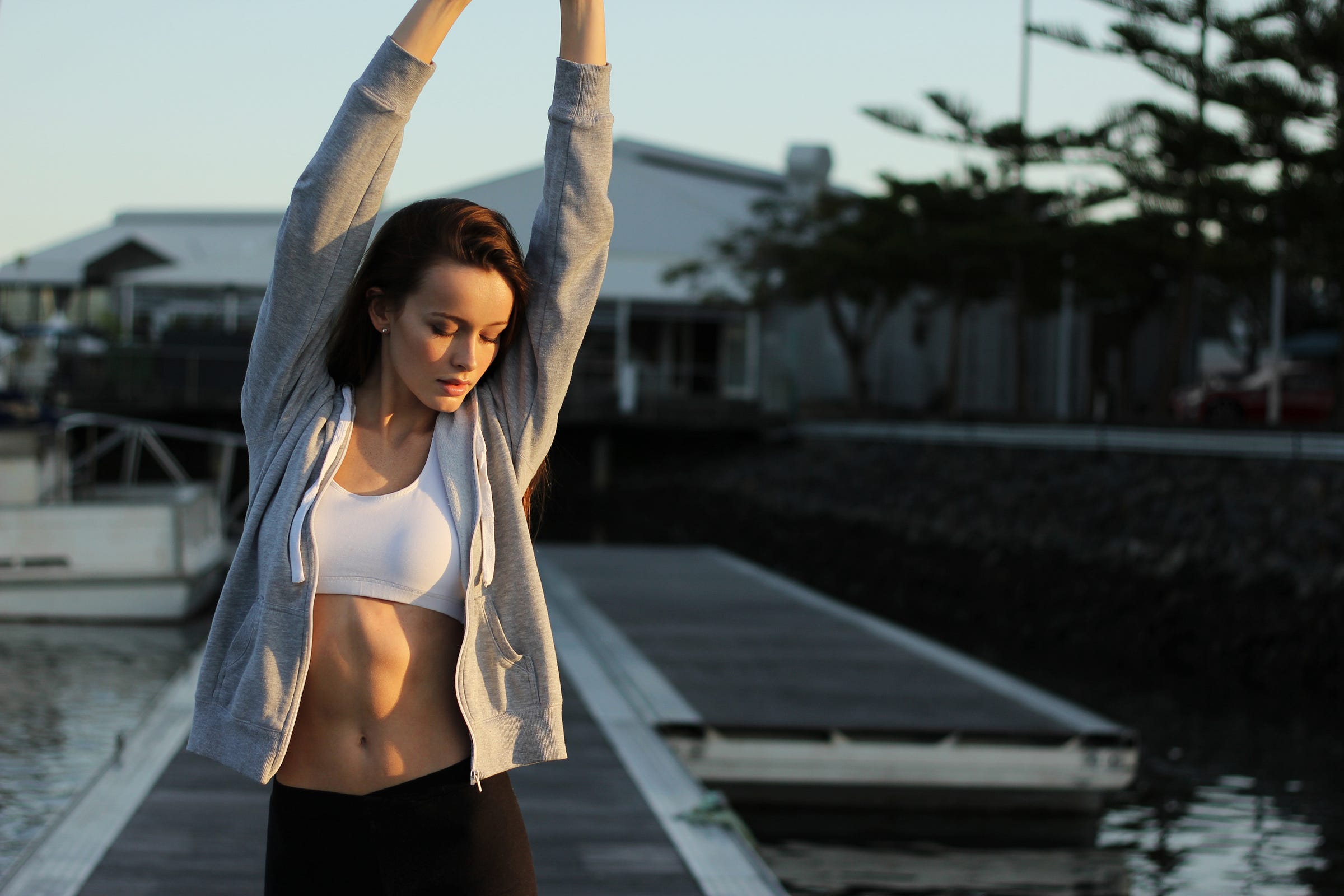Famous people are human, too.

I’m not a celebrity watcher; yet, when I hear of one who is no longer consuming alcohol, my ears perk up. I want to know more. Did she quit because it had become a problem?
Celebrities influence society; there is no doubt about that. We often check out their clothes, who they are dating or married to, and some want to know about their children.
Sure, it may be interesting to uncover these tidbits; however, I want to know why they got sober. Had alcohol become a concern for them? Did they consider themselves addicted? Perhaps success in their careers depended on finding sobriety?
I am focusing here on women celebrities, and this list contains several I admire:
Miley Cyrus, singer, and actress. Miley got sober when she turned 26 because of fear of joining the “27 Club” — musicians who died at that age due to substance abuse. Miley has struggled with staying on track yet has been sober since then with one relapse while isolating during Covid.
Eva Mendes, actress. Beautiful, talented, and strong, Eva struggled with substance addiction issues and went into rehab. She hasn’t had a drink in over 20 years. “I’m proud of people who have the determination and the fearlessness to actually go and face their demons and get better.” — from a 2008 interview.
Jada Pinkett Smith, actress, singer-songwriter, and businesswoman. Jada sobered up over 14 years ago. “I had problems with alcohol, and I really had to get in contact with the pain, whatever that is, and then I had to get some other tools in how to deal with the pain. From that day on I went cold turkey.”
Melanie Griffith, actress. Melanie has struggled with alcohol and cocaine addiction for decades and entered rehab several times with intermittent success. Melanie’s daughters convinced her to reenter rehab, and she has been sober since 2009.
Edie Falco, actress. Alcoholism has been a battle for Edie, but she has been sober for 17 years. She is best known for her role in the “Sopranos,” where cast parties were frequent. She managed to make an appearance, but after a few minutes knew she had to leave “because I can’t live in that world anymore, it’s too dangerous.”
Diana Ross, singer, actress. Ms. Ross struggled with addiction for most of her adult life and suffered from depression. Her addiction to pain pills and alcohol began following her divorce to Norwegian shipping tycoon Arne Naess in 1999. Ms. Ross was admitted to a rehab facility for drug and alcohol abuse in May of 2002. She appears to be sober today.
Jamie Lee Curtis, actress and writer. Ms. Curtis has been proudly sober for over 20 years. She had this to say about it: “Being courageous enough to acknowledge it privately with my family and friends, working really hard at solidifying it, getting support around it, and being healthy. And then talking about it publicly. That is the single greatest accomplishment of my life.”
All of these women admit that alcohol had become a problem for them personally and for some, professionally. They all dared to overcome the addiction, some very publicly.
Celebrities can be role models, especially for our children, and their strength in overcoming their dependence is crucial to acknowledge and discuss with our youth.
Addiction is the same for famous folks as it is for non-celebrity people. After all, we are all human.
We should be proud that we have overcome our addiction and are dealing with life — in all its ups and downs, good times and bad, sober.
Alcohol does not permanently ease our pain. It merely postpones it.
I know you have suffered greatly, as have these women, and have risen above it to live a life of joy, creativity, and zest.
If you are still debating whether to give up the drink — try it. I guarantee you will not regret the decision. Sober life is spectacular.

